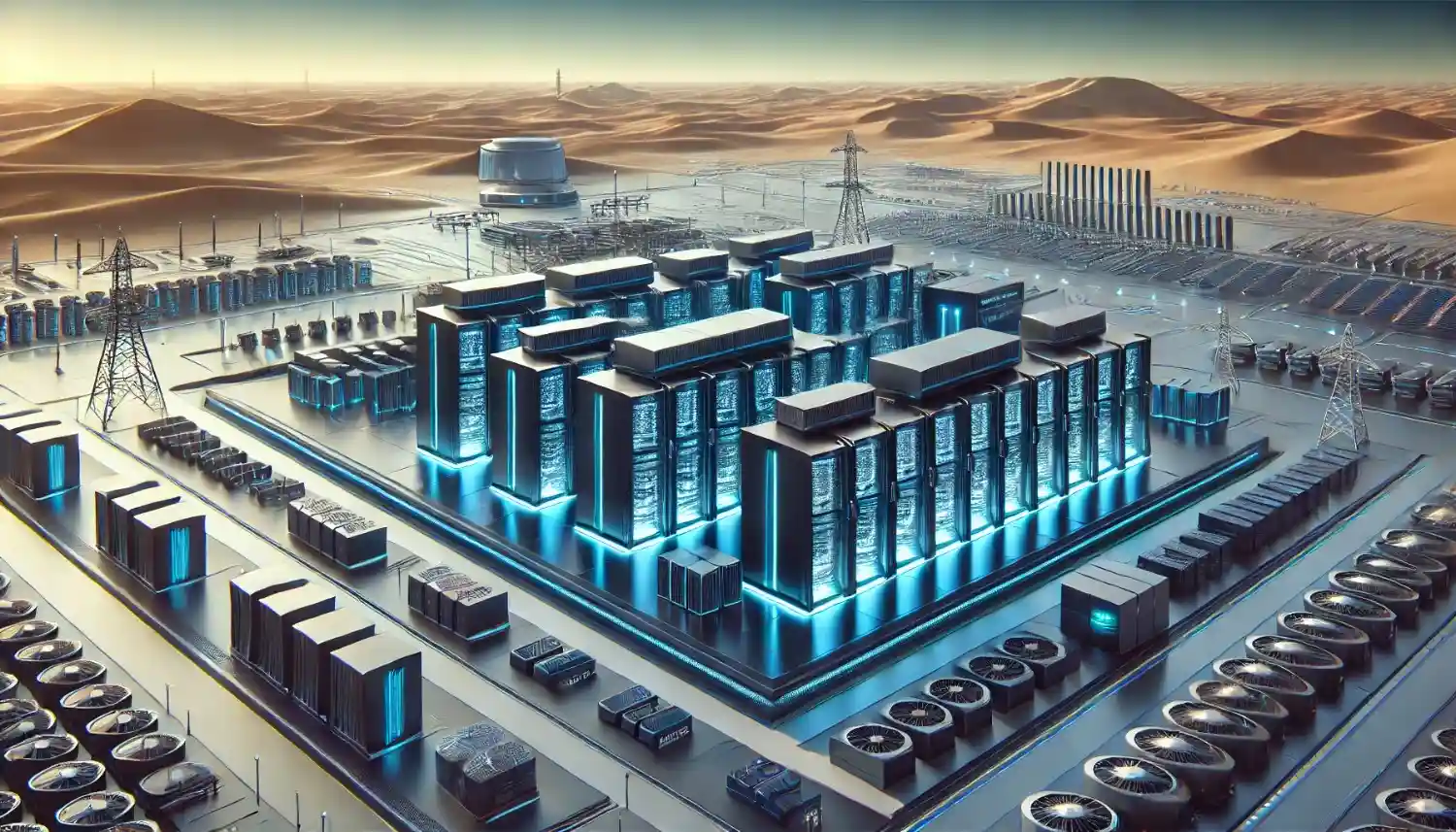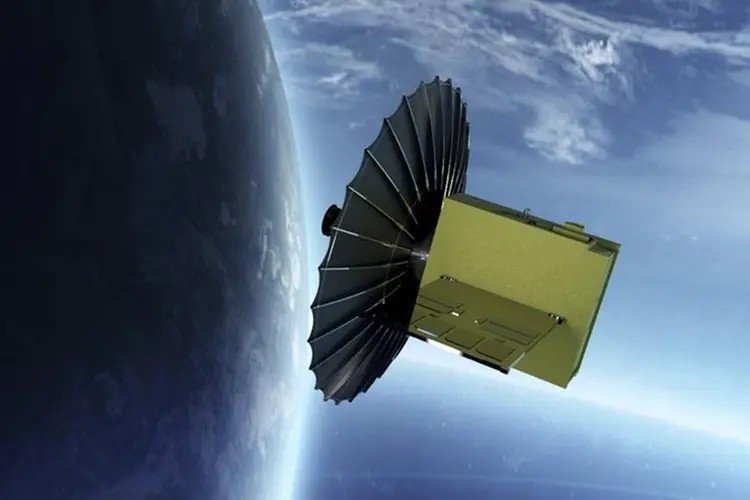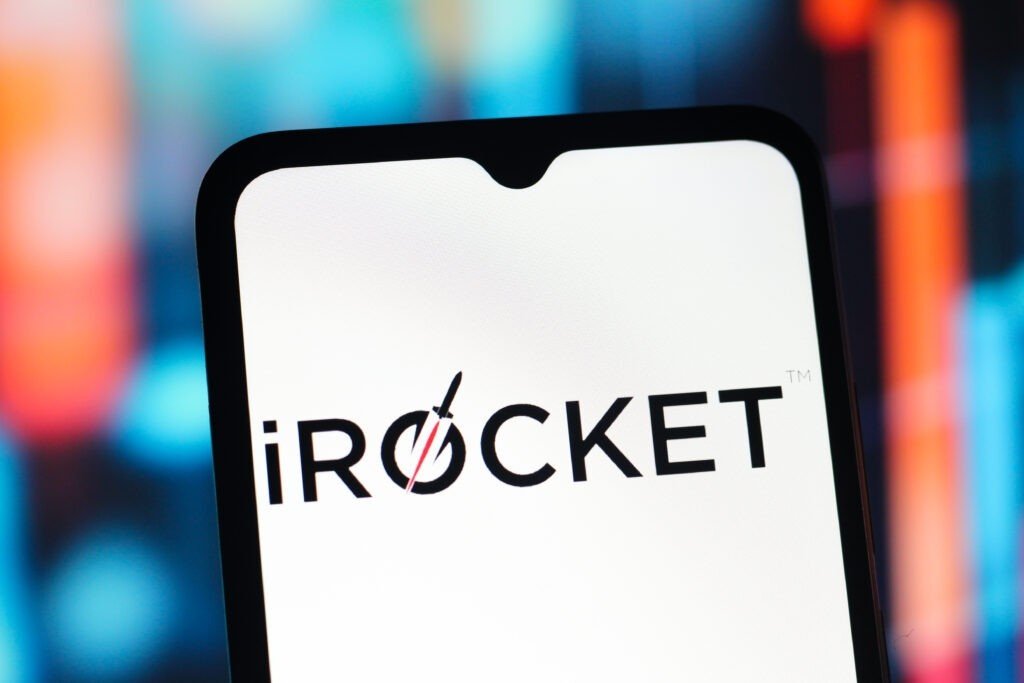Microsoft has provided an update on the progress of its data center region in Saudi Arabia, following a recent site visit by a delegation of government officials from the Ministry of Communications and Information Technology (MCIT), along with Microsoft executives. The global technology company confirmed that the construction of all three Azure availability zones has been completed, with availability expected in 2026.
The new data center region, located in Saudi Arabia’s Eastern Province, will feature three independent Azure availability zones, each with its own power, cooling, and networking infrastructure. These zones are designed to provide government and private sector organizations in the Kingdom with low-latency, high-availability cloud solutions, enabling them to run their workloads seamlessly.
Microsoft’s new data center region will offer enterprise-grade reliability, performance, and robust privacy standards, in line with the company’s global cloud infrastructure, which includes over 60 Azure regions. The region’s infrastructure will ensure customer data residency, security, and compliance with privacy and digital safety regulations. Microsoft’s continued investment in Saudi Arabia reflects its broader commitment to empowering individuals and organizations globally, including a focus on ethical practices such as transparency and responsible cloud use.
The completion of the construction phase highlights Microsoft’s 25-year presence in Saudi Arabia and its ongoing efforts to support public and private sector organizations in harnessing technology for business and economic growth. In February 2023, Microsoft and MCIT announced their plans to build the cloud region, driven by strong demand for reliable and scalable cloud solutions from companies across industries. Once operational, this new infrastructure will help accelerate the realization of Saudi Vision 2030, strengthening the Kingdom’s position as a hub for innovation, trade, and investment.
“We are proud to see the progress on Microsoft’s cloud region, which marks a significant milestone in our journey to achieve our national goals,” said Eng. Mohammed Al Robayan, MCIT. “This infrastructure will enable businesses to unlock new possibilities, harness the power of AI, and drive sustainable growth for the Kingdom and the entire region.”
During the site visit, Eoin Doherty, Vice President of Microsoft Cloud Operations + Innovation, and executives from Microsoft Arabia discussed the project’s ongoing progress. The new data center region underscores the strong demand for cutting-edge technologies, including AI, in Saudi Arabia’s public and private sectors. Microsoft is committed to helping organizations in the Kingdom thrive in the digital age, with the latest innovations in AI, cloud computing, and digital transformation.
As part of its ongoing commitment to the Kingdom, Microsoft is empowering organizations to innovate with advanced technologies like AI, which are already having a significant impact. For example, Saudi Arabia’s Ministry of Education has chosen Microsoft Azure to host and secure its Madrasati platform, which serves 7 million students and teachers. The Saudi Data and Artificial Intelligence Authority (SDAIA) also uses Microsoft Azure to build and scale its Arabic Large Language Model, ‘ALLaM.’
In line with its mission to foster a future-ready workforce, Microsoft is also advancing AI literacy across Saudi Arabia through various initiatives. By 2025, the company aims to empower 100,000 Saudi nationals with essential AI skills. Microsoft and MCIT have established a Center of Excellence to enhance AI and cloud computing capabilities across the Kingdom, while also partnering with SDAIA to create the Microsoft AI Academy. This program will offer national talent the opportunity to earn globally recognized certifications, including the Microsoft Azure Professional Certificate.
These efforts, alongside the new data center region, are pivotal in driving economic growth, developing a future-ready workforce, and supporting the Kingdom’s ambitions to become a global leader in AI and digital innovation.















